Barely two months after the August 1-10 protests tagged #EndBadGovernance, some Nigerians are warming up for fresh nationwide protests planned to hit the streets on October 1, coinciding with Nigeria’s 64th Independence Day celebration, about 48 hours away.
The protests reinforced demands earlier made by protesters but were largely greeted with silence from the federal government despite President Bola Tinubu’s promise to broadcast a dialogue with protest leaders.
Another reason perhaps is that #EndBadGovernance protesters, numbering over 1,000, remain in various prison facilities across the country after being charged with treason by the government.
Some of the protesters have been granted bail but under the stringent condition of paying N10 million each, particularly the 10 that were charged in Abuja.
Meanwhile, some Civil Society Organisations, CSOs, speaking with newsmen, expressed worry over the demands made by the protesters that are yet to be addressed about two months after President Bola Tinubu, in a national broadcast in August and amidst the #EndBadGovernance protests across the country, promised to dialogue with them.
Time for dialogue is now – ANEEJ
In his reaction to the October 1 proposed protests, the Executive Secretary, of the African Network for Environment and Economic Justice, ANEEJ, Rev David Ugolor, said, “The government’s response to the October 1 protests could depend on the scale and public reaction. If the protests gain significant traction, media attention, and public sympathy, the government may feel pressured to engage”, Ugolor said.
“But in the absence of a well-defined strategy for dialogue, the demonstrations would encounter opposition rather than cooperation which might escalate tensions.”
He further stated that after the August protesters presented their demands to the government, “there has been no widely reported or concrete dialogue between the Federal Government and the protesters since President Bola Tinubu mentioned the possibility”.
“Although a few government representatives indicated they were open to negotiations, no meaningful interaction has been seen”, the activist stated.
“The government has expressed readiness for dialogue in principle, but practical steps towards initiating structured discussions with protesters remain unclear. This hesitation suggests that the government might not yet have a clear strategy or timeline for engaging directly with protesters.”
Ugolor also spoke on the protesters still remanded in prison, saying: “The ongoing detention of protesters raises serious concerns regarding human rights violations and civil liberties.
“Due process rights for those who are still in detention are being violated in an attempt to quell criticism, which can exacerbate social unrest and erode public confidence in the legal system.”
On the intervention by the Nigerian Bar Association, NBA, and National Human Rights Commission, NHRC, to release the protesters in prison unconditionally, Ugolor asserted, “Both the Nigerian Bar Association, NBA, and the National Human Rights Commission, NHRC, have historically intervened in cases of rights violations.
“There have been efforts by these bodies to advocate for detained protesters, but the scope and success of their interventions vary. These organizations are crucial in pressuring the legal system to ensure fair trials and respect for human rights.”
No guarantee govt. will take a different approach to protests – Global Rights
On her part, the Executive Director, of Global Rights Nigeria, Abiodun Baiyewu, said, “There is no indication that the Tinubu administration will take a different approach to handling protests.
“Since the August protests, the government has intensified its crackdown on civic actors such as Omoyele Sowore and the NLC President. The government has also taken the extreme step of besieging the offices of SERAP.
“This is a government that has shown a deep intolerance to dissent, and there is little reason to believe they will be more receptive to protesters’ demands this time around.
“The citizens are angry. The spurious charge of treason has also driven dissent underground. At this point, no one knows what is next. If it does not happen on the 1st of October, it will eventually spontaneously combust.”
On the Federal Government engaging protesters for dialogue as mentioned by Tinubu, the Global Rights Nigeria boss said, “Not in any meaningful way. The President addressed the nation on August 4th during the initial days of the protests.
“In his speech, he avoided addressing the core issues driving the protests, namely, high inflation, widespread poverty exacerbated by the removal of fuel subsidies, and the increasing insecurity across Nigeria.
“He highlighted programs and initiatives his administration was implementing and urged citizens to be patient with economic reforms, insisting things would improve in the future.
“However, his speech lacked clarity on how the government would share the burden of these challenges. Many civic actors and commentators expressed disappointment with the substance of the address.
“On August 8th, the Head of Media, Presidential Community Engagement Office, Ms. Seun Ajayi, stated that she and six Senior Special Assistants to the President on Community Engagement had been tasked with engaging citizens about the protests. However, none of us is aware that such engagements took place or what their outcomes were.
“The frustrations that fuelled the #EndBadGovernance protests largely persist. In fact, there has been an increase in the price of petrol since the protests, worsening citizens’ discontent.”
Asked if she thought the government was ready for dialogue with protesters, she asserted, “I don’t believe so. The initial reaction to the #EndBadGovernance protests was to dismiss them as politically motivated by opposition forces.
“The government then paid lip service to understanding the grievances, but its actions did not reflect this. In his August 4th speech, President Tinubu advocated for patience, but the government cannot in good faith expect Nigerians to bear the economic burden while it continues to spend taxpayer funds recklessly.
“The President frequently embarks on extravagant foreign trips accompanied by a large entourage, with no benefits felt by Nigerians. The recent purchase of a presidential yacht and plane is just as wasteful, especially when citizens struggle to afford the barest necessities.
“Moreover, Tinubu has insisted that there will be no reversal on the fuel subsidy removal, a central demand of the protesters. Given these fundamental differences in viewpoints, it is unlikely the government is genuinely interested in engaging with protesters.
“The government has also gone to great lengths to suppress the protests, infringing on protesters’ human rights. From obtaining court orders to limit the protests’ scope to the unlawful arrests and prosecution of protesters for charges as serious as treason, the government has little appetite for dialogue. In some instances, protesters were even killed by Nigerian law enforcement!”
Baiyewu also spoke about her concerns about protesters still remanded in prison custody.
“The main concern is that the Nigerian state is violating their constitutionally guaranteed rights to peacefully assemble, associate, and express themselves”, the activist stated.
“Another issue is the judiciary, which was once regarded as the ‘Last Hope of the Common Man,’ being wielded by the state as a tool against the people. It is absurd that peaceful protesters were arrested and charged with crimes like treason.
“Equally troubling is that some judges are imposing extreme and excessive bail conditions for their release, rather than dismissing these baseless charges. Additionally, some of the arrested protesters are children who have no business being detained.”
She expressed her view on intervention by the NBA and the NHRC for the release of protesters in prison custody: “The Nigerian Bar Association, NBA, has worked with civil society organizations to secure the release of protesters in Kano.
“However, regarding the National Human Rights Commission, NHRC, while the Commission acknowledged human rights violations during the #EndBadGovernance protests, there is no information that suggests that they are working to ensure the release of the protesters.”



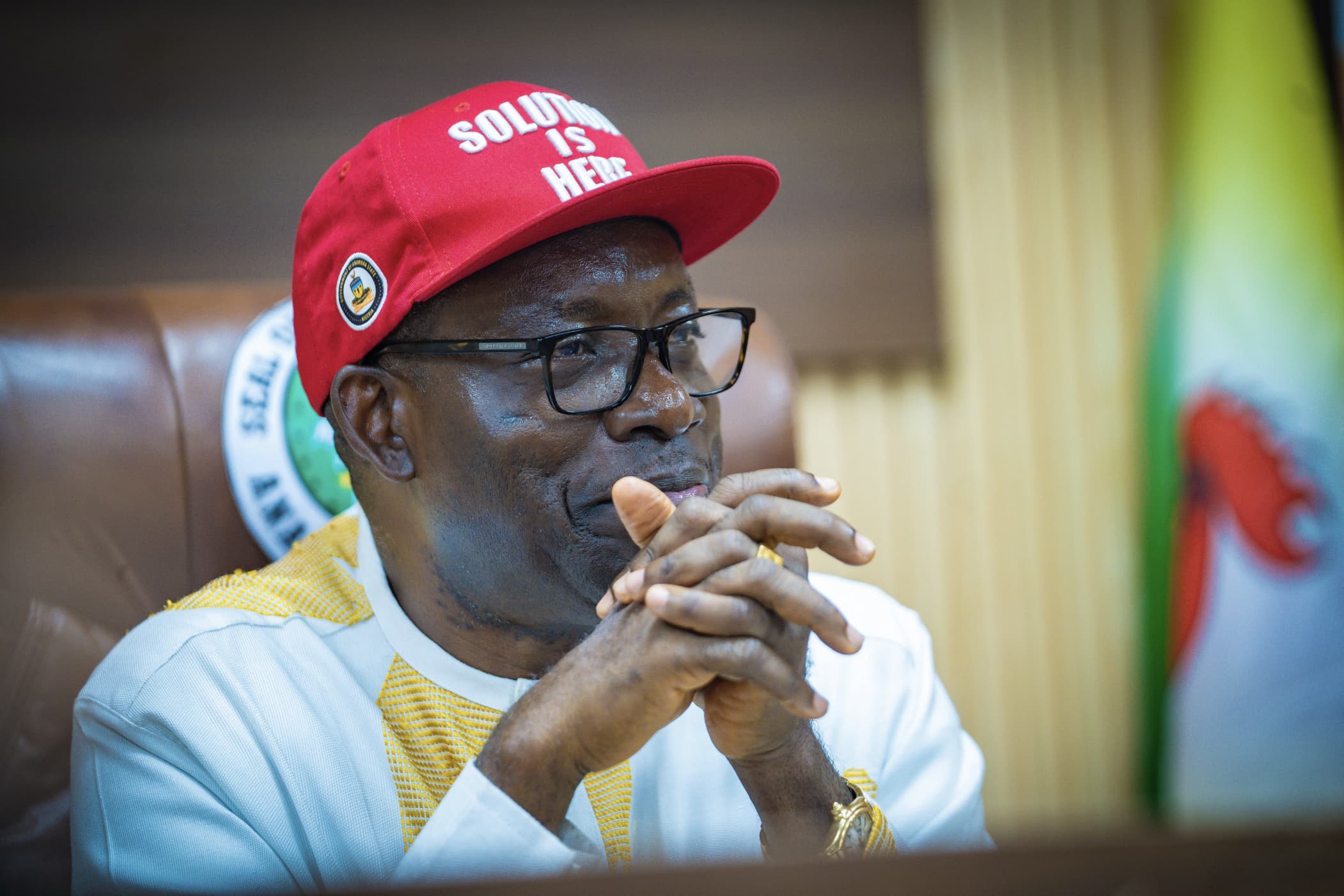
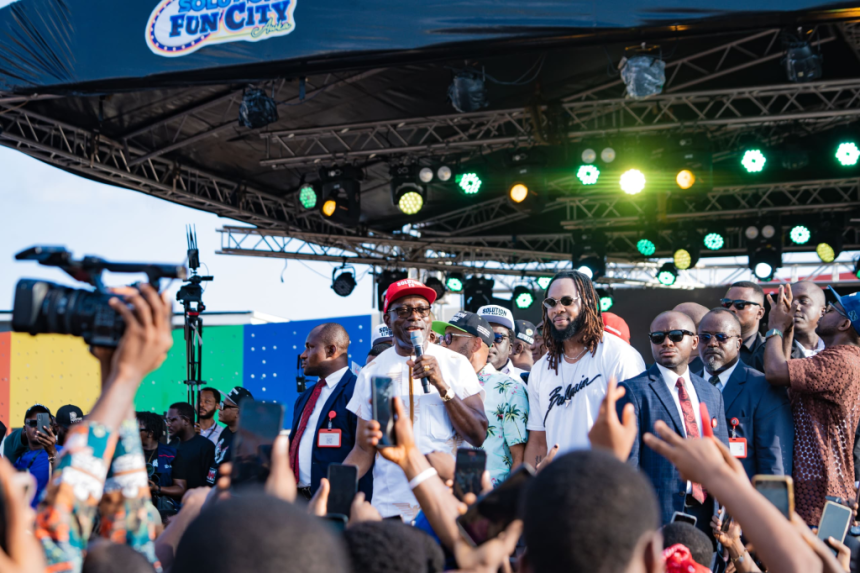
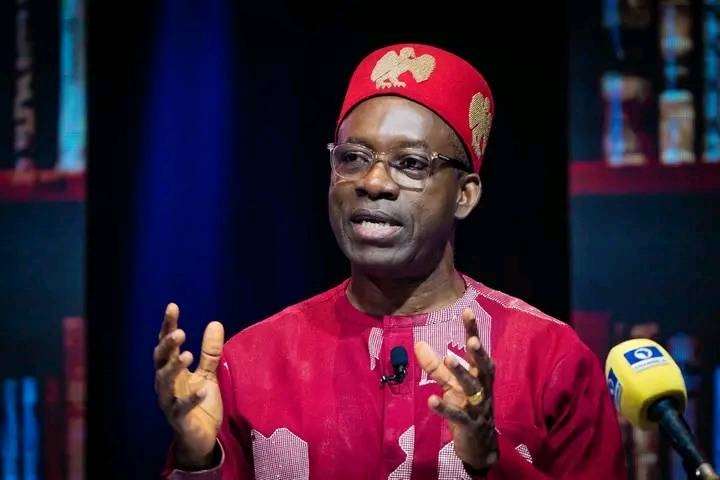


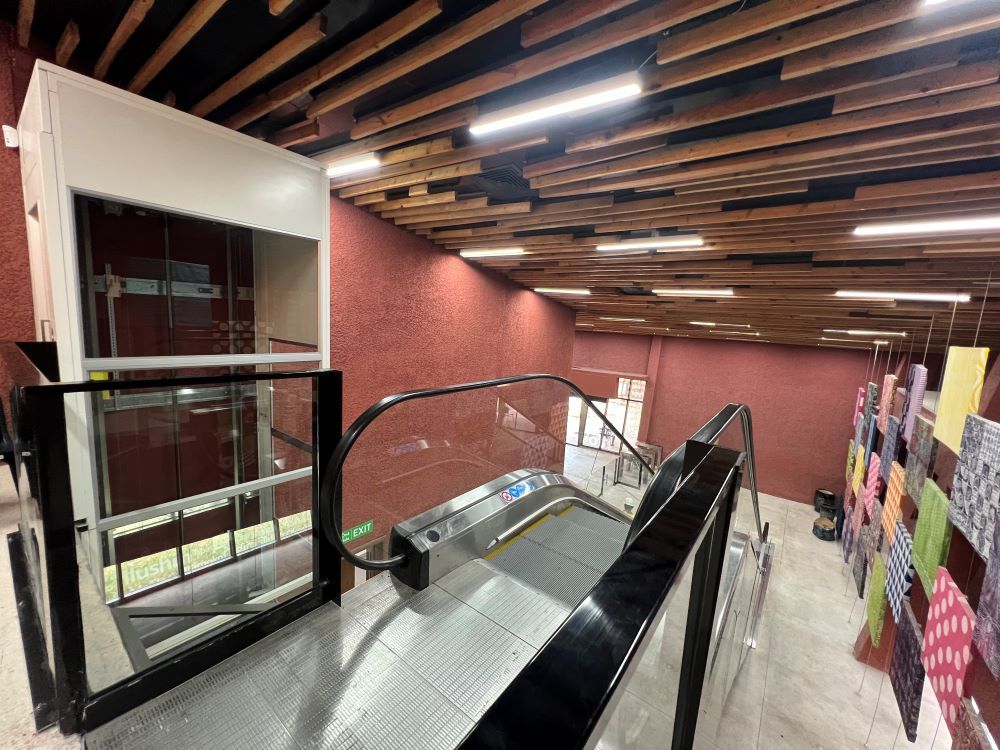





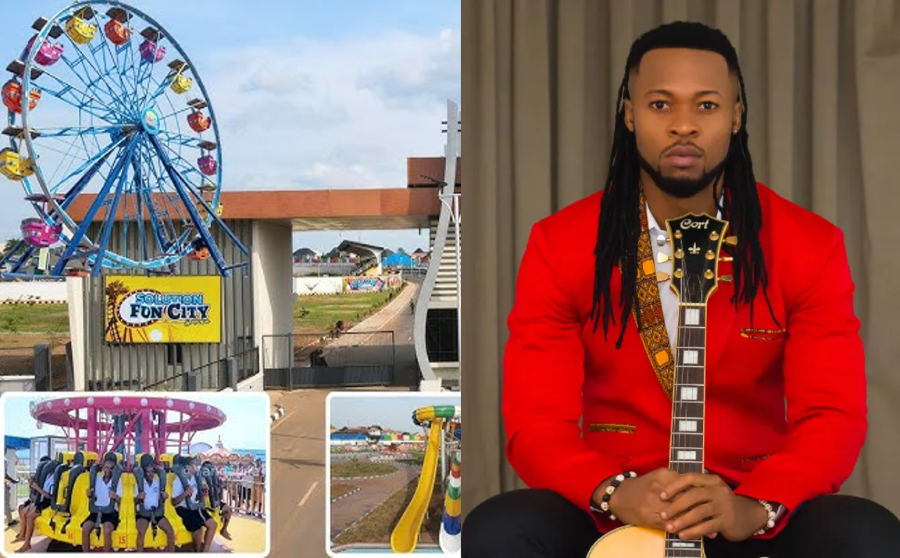







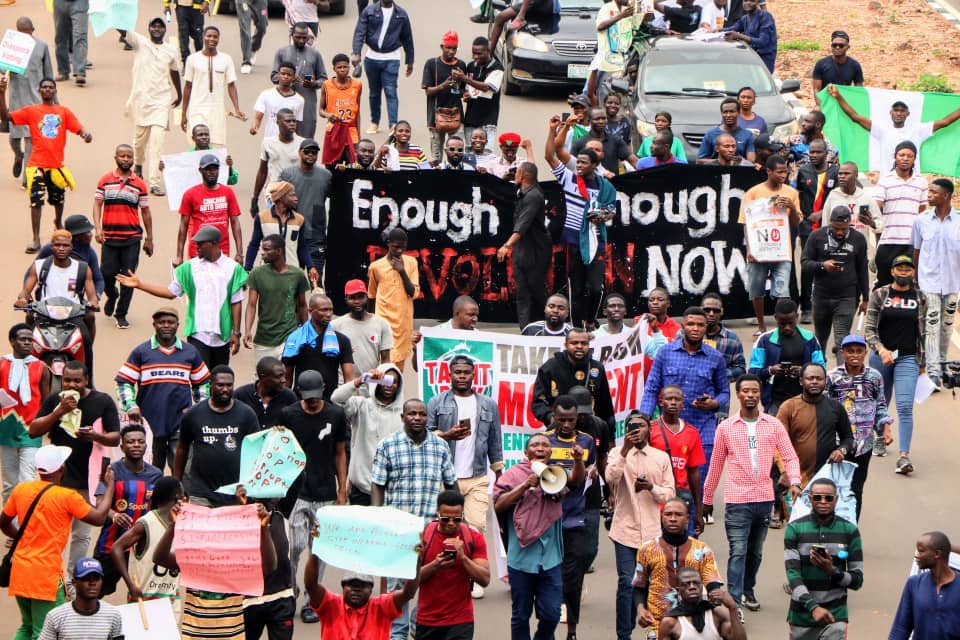
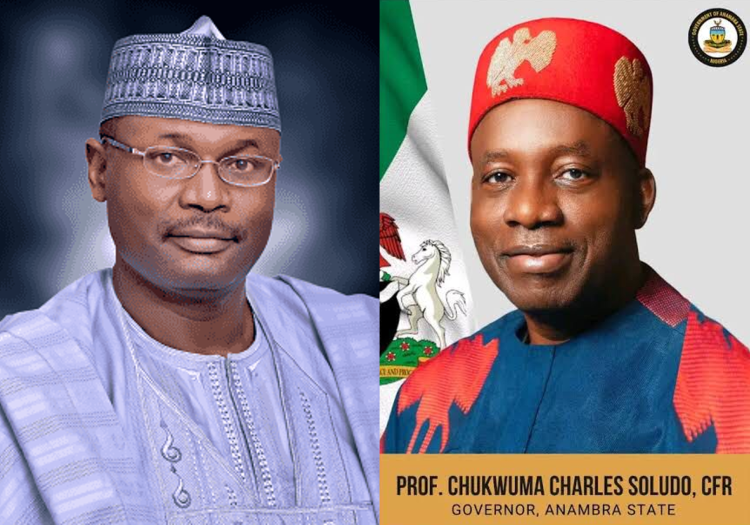
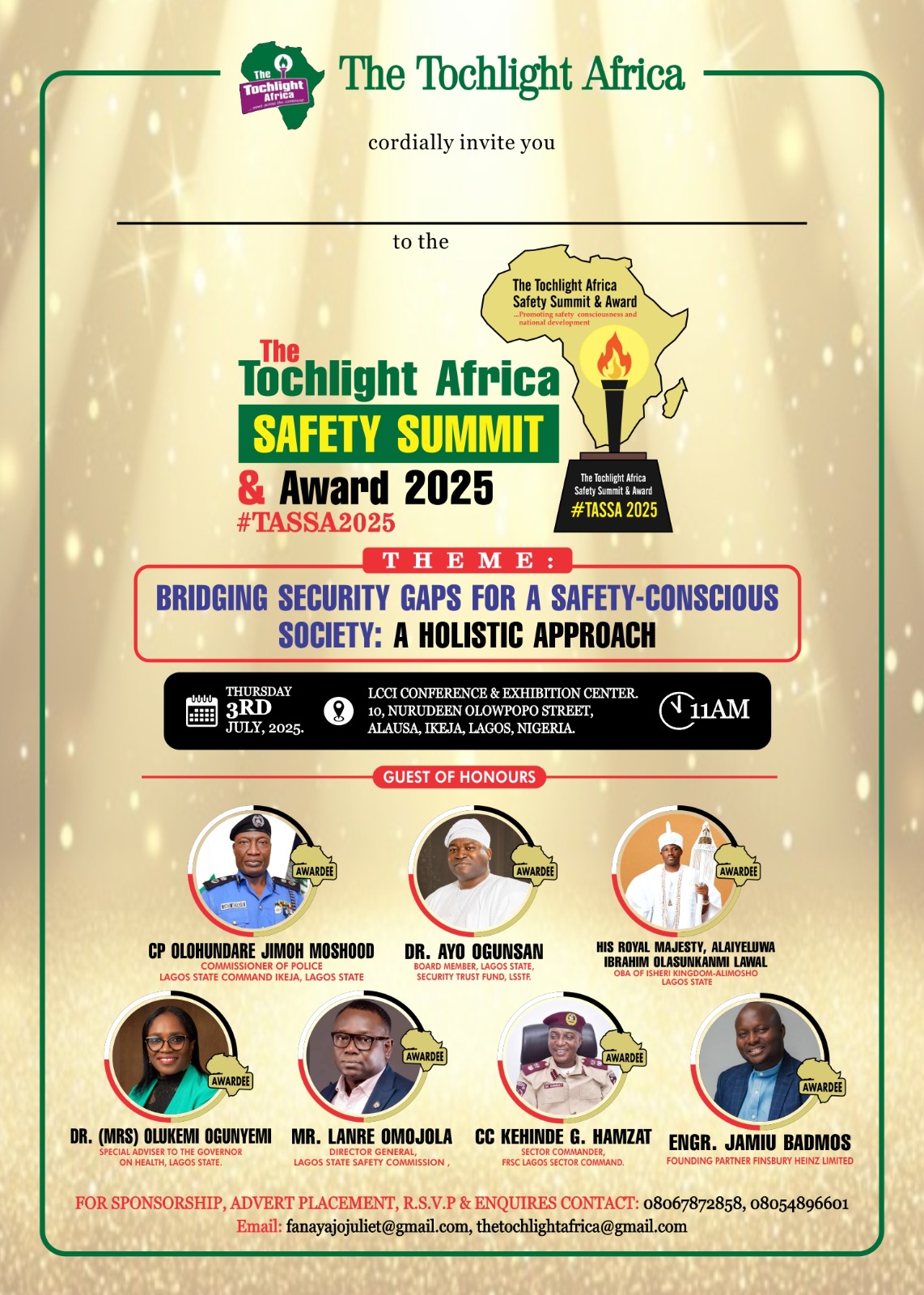
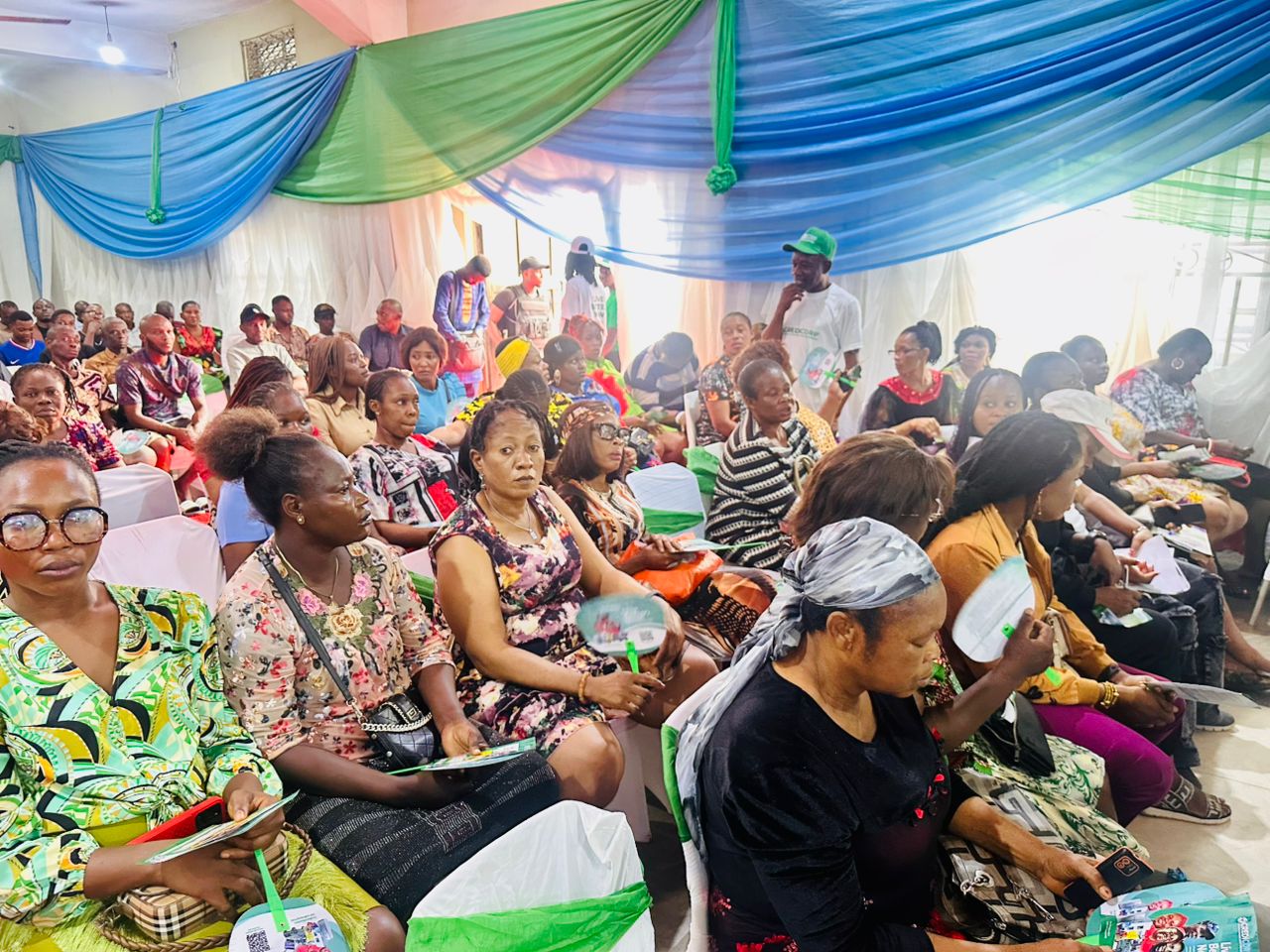

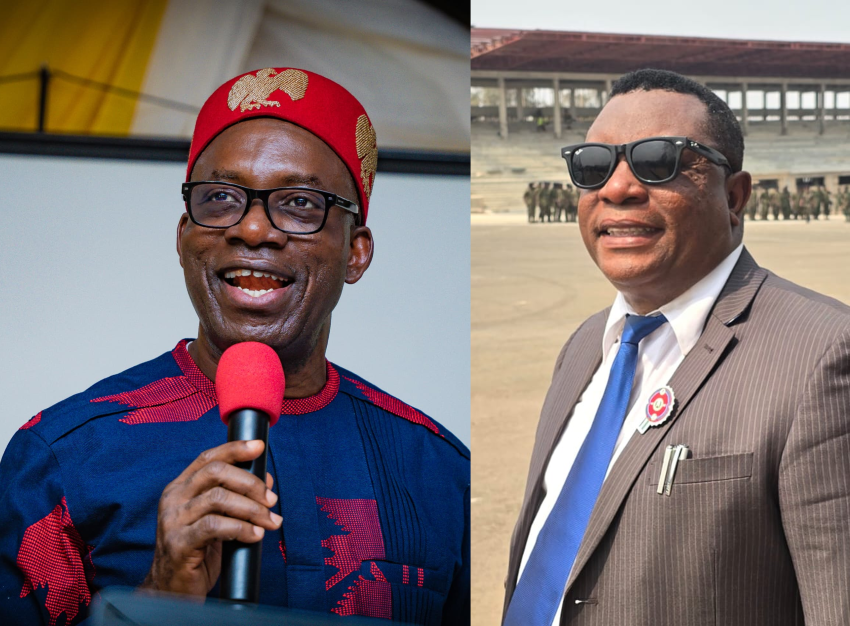

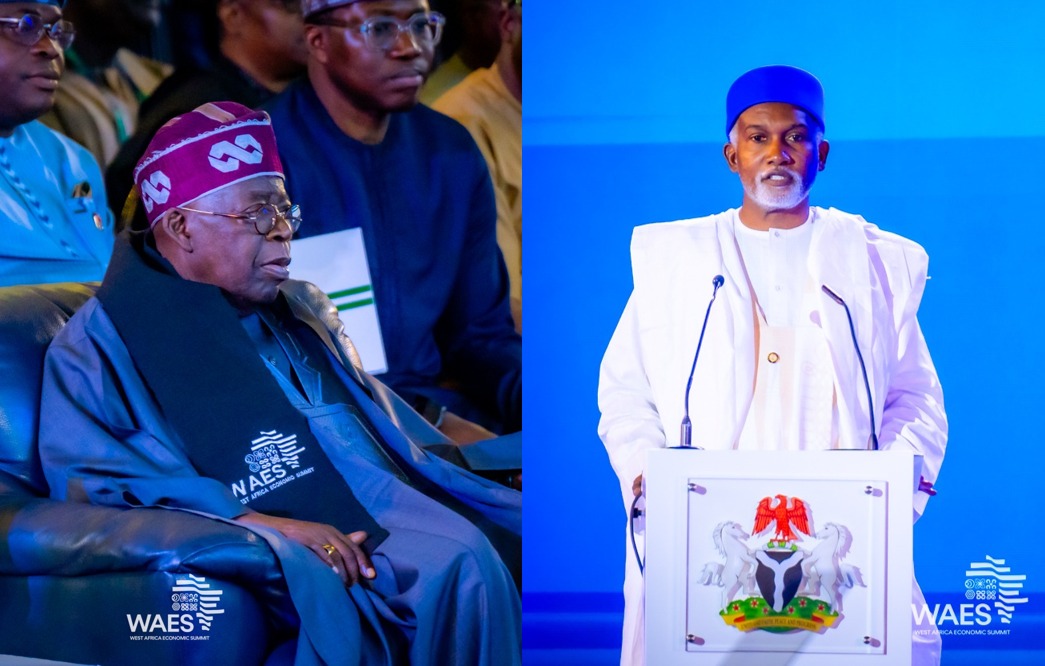
Leave a Reply